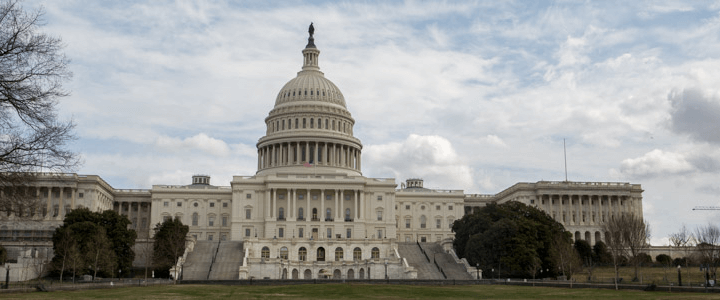Even in states and cities where all nonessential workers have been told to stay home, IT workers are reporting for work as they fill essential positions keeping systems up and running. Not only do they need to maintain usual operations, but they also need to protect systems now strained as employees work from home, often for the first time. Cyber threats including malware, phishing attacks and simply the fact that so many workers are now connecting remotely on unsecured networks pose serious risks.
Stuart Ravens, chief analyst for thematic research at GlobalData, which recently released a report describing the economic strain of COVID-19, explained that this is “effectively a stress test on companies’ ability to cope with extreme shocks.” For IT services companies, this could actually result in a sharp fall in near future business. This comes after years of a shortage of IT workers. Until the economy can recover there could be a vastly reduced need for commercial sector IT services, particularly those in the service sector.
Ravens warned that many companies will not be able to survive the initial phase of this stress test. Simply put, 2020 could be a very bad year for IT service companies who are late to respond to the crisis, or who have no plan at all, particularly if the pandemic leads to a prolonged period of retail shutdowns.
Federal Agency Upgrades
While the private sector is facing serious uncertainty, IT workers in the government sector face strain as they struggle to keep telework operations working. This could require significant investment to upgrade software and IT services. The good news is the government is making funds available to do just that.
It was reported on Tuesday that the Technology Modernization Fund, which was authorized by the Modernizing Government Technology Act of 2017 as a funding vehicle to give agencies additional ways to deliver services to the American public, could get a $3 billion injection. This would help government agencies fund IT upgrades tied to COVID-response.
Last week federal agencies had requested additional IT funding to help set up telework for employees to help handle that as well as other pressures on government networks. This included the purchase of new hardware, software, licensing, and additional cybersecurity. Timing is crucial, as the scope of COVID-19 continues to expand with each day. The Department of Veterans Affairs is now preparing to face a surge in patients while the Treasury Department will need to enhance IRS information technology capacity to better respond with taxpayers.



